Best movies like Parcours de Dissidents
A unique, carefully handpicked, selection of the best movies like Parcours de Dissidents Starring Gérard Depardieu, and more. If you liked Parcours de Dissidents then you may also like: With Babies and Banners: Story of the Women's Emergency Brigade, Nat Turner: A Troublesome Property, The Forgotten Ones, The Bridge of San Luis Rey, To Have and Have Not and many more popular movies featured on this list. You can further filter the list even more or get a random selection from the list of similar movies, to make your selection even easier.
The forgotten history of "dissidents", the men and women of Martinique and Guadeloupe who left their islands between 1940 and 1943. The film features interviews with those in the resistance who tell their stories with passion, humility and humor.
You may filter the list of movies on this page for a more refined, personalized selection of movies.
Still not sure what to watch click the recommend buttun below to get a movie recommendation selected from all the movies on this list
Nat Turner: A Troublesome Property
In 1831, Nat Turner led a slave rebellion in the United States that resulted in the murder of local slave owners and their families, the eventual execution of 55 rebels and the retribution lynching of more than 200 innocent slaves. Nat Turner: A Troublesome Property examines how the story of Turner’s revolt has been interpreted throughout history and how it continues to raise new questions about the nature of terrorism and other forms of violent resistance to oppression. The film adopts an innovative structure by interspersing documentary footage and interviews with dramatizations of these different versions of Turner’s story. A unique collaboration between MacArthur Genius Award feature director Charles Burnett, acclaimed historian of slavery Kenneth S. Greenberg and Academy Award-nominated documentary producer Frank Christopher, Nat Turner is a compelling look at one of history’s most mysterious figures.
The Forgotten Ones
When a devastating boat crash shipwrecks a group of friends in the jungles of an uncharted island, they are savagely picked off one-by-one by a cannibalistic enemy that evolution forgot.
The Bridge of San Luis Rey
The Bridge of San Luis Rey is American author Thornton Wilder's second novel, first published in 1927 to worldwide acclaim. It tells the story of several interrelated people who die in the collapse of an Inca rope-fiber suspension bridge in Peru, and the events that lead up to their being on the bridge. A friar who has witnessed the tragic accident then goes about inquiring into the lives of the victims, seeking some sort of cosmic answer to the question of why each had to die.
To Have and Have Not
A Martinique charter boat skipper gets mixed up with the underground French resistance operatives during WWII.
Forbidden Love: The Unashamed Stories of Lesbian Lives
Ten women in Canada talk about being lesbian in the 1940s, 1950s, and 1960s: discovering the pulp fiction of the day about women in love, their own first affairs, the pain of breaking up, frequenting gay bars, facing police raids, men's responses, and the etiquette of butch and femme roles. Interspersed among the interviews and archival footage are four dramatized chapters from a pulp novel, "Forbidden Love".
Bukowski at Bellevue
In the spring of 1970 Charles Bukowski took his first plane trip for a poetry reading at Bellevue Community College in Washington state. That he was videotaped by two students apparently was later forgotten, but the tapes were recently rediscovered and have been released by Black Sparrow press. "Bukowski at Bellevue" gives us a fascinating glimpse of the man before he had to be concerned with how celebrity and financial security were affecting him. (It is said that this was only his fourth public reading.) This is Bukowski, then about 50, taken straight. No games, no irony, no self-consciousness--just an ordinary-looking guy, maybe hung over, sitting before a small group of students reading his work with gusto, humor and sensitivity. A man who clearly had lived the marginal life he wrote about with passion and at times a lyrical, even mystical beauty.
In Praise of Love
Someone we hear talking - but whom we do not see - speaks of a project which describes the four key moments of love: meeting, physical passion, arguments/separation and making up. This project is to be told through three couples: young, adult and old. We do not know if the project is for a play, a film, a novel or an opera. The author of the project is always accompanied by a kind of servant. Meanwhile, two years earlier, an American civil servant meets with an elderly French couple who had fought in the Resistance during World War II, brokering a deal with a Hollywood director to buy the rights to tell their story. The members of the old couple's family discuss heatedly questions of nation, memory and history.
Madame Edouard
In Brussels, one discovers the bodies of young women buried behind the tombs of famous painters… In each of them, it lacks the right forearm. Yarn needles, Commissioner Leon, whose secret passion is knitting, unravels the intrigue of this dark history, with the heart of this case Mrs. Edward Island, transvestite housekeeper bistro "In Sudden Death," where one encounters a high wildlife colors.
The Galapagos Affair: Satan Came to Eden
Darwin meets Hitchcock in this documentary. Directors Dan Geller and Dayna Goldfine have created a parable about the search for paradise, set in the brutal yet alluring landscape of the Galapagos Islands, which interweaves an unsolved 1930s murder mystery with stories of present day Galapagos pioneers. A gripping tale of idealistic dreams gone awry, featuring voice-over performances by Cate Blanchett, Diane Kruger, and Gustaf Skarsgard.
West Point
West Point is a 'film noir', a story of family and emigration. It's La Cabo da Rocha, Portugal, the western-most point of the European continent. Opposite the USA, it's a metaphor of Ellis Island. It's the street dances and it's the part of what has been forgotten that Alexander and his sister Jeanne must accept in order to break free from the original crime, the feeling of abandonment and the color of wheat.
Arletty: A Guilty Passion
Covers the love affair between French actress Arletty and a high-ranking German officer during WWII in occupied France.
Le cinéma de Marie-Josèphe
Performing with passion the little-known job of chief editor in the cinema, Marie-Josèphe Yoyotte is a reference in her field, from the 1950s to the 2000s. This native of Martinique touched all cinematographic genres and was even able to adapt to the digital revolution. With determination and a great open-mindedness, she accompanied the beginnings of the New Wave while subsequently supporting all the developments in French cinema.
Beyoncé: Baby and Beyond
Featuring interviews with her family and inner circle of friends, this in-depth documentary offers a look at what drives ever-evolving diva Beyoncé Knowles' passion for life -- from to her relationship with rapper Jay-Z to the birth of their baby.
The Man Who Defied Beijing
A portrait of Chinese writer Liu Xiaobo (1955-2017), a witness of the Tiananmen Square massacre (1989), a dissident, a woodpecker who tirelessly pecked the putrid brain of the Communist regime for decades, demanding democracy loudly and fearlessly. Silenced, arrested, convicted, imprisoned, dead. Nobel Peace Prize winner in 2010, alive forever. These are his last words.
The Day Hitler Died
The story of Hitler’s final hours told by people who were there. This special features exclusive forgotten interviews, believed lost for 65 years, with members of Hitler’s inner circle who were trapped with him in his bunker as the Russians fought to take Berlin. These unique interviews from figures such as the leader of the Hitler Youth Artur Axmann and Hitler’s secretary Traudl Junge, have never before been seen outside Germany. Using rarely seen archive footage and dramatic reconstruction, this special tells the story of Adolf Hitler’s final days in his Berlin bunker.
Industrial Light & Magic: Creating the Impossible
Leslie Iwerks' documentary takes audiences behind the scenes at ILM with in depth interviews with some of the company's top talent and showcases never before seen footage highlighting many of their pioneering milestones. From creating the first ever computer generated character in a feature film to the latest advancements in visual effects for film franchises like Transformers and Iron Man, ILM has created some of the most memorable movie moments in recent history.
An Intimate History of Occupation
June 14, 1940. The German Army marches into Paris. France is an occupied country. Through exclusive amateur footage, personal stories, and popular songs from the time, this fi lm recounts life with the enemy during the occupation, as seen by the French... and the Germans! Despite the Nazis and the troubled war times, day-to-day life in occupied France went on. People learnt to live with the rationing, the cues, the curfew... Many try to forget the hard times, mainly thanks to the movies in which big stars provide a little dream and lead a privileged life. These stars don't actually collaborate, butadapt and give the impression of normal life during the war. After all, is it necessarily shameful to shake the hand of an enemy?
The Breidjing Camp
Claire Denis goes to Eastern Chad to the Breidjing camp, the home of 40,000 refugees from Darfur. With great humility, she tells the stories of these men and women, victims of one of the worst humanitarian catastrophes that this century has seen so far.
American Valor
The stories behind many medal of honor winners, as told by their recipients, observers and the official records. The documentary features interviews and archive footage.
De Gaulle and the Free French in World War II
In June 1940 nothing was written. The appeal of June 18 by General de Gaulle was a hope but also a start. The start for an essential page of the History of France, written by De Gaulle and his followers, without whom nothing would have existed in the Resistance to the German tyranny and this film wishes to honor their memory.
You Think the Earth Is a Dead Thing
Just one of the many far-reaching impacts of the slave trade on human history is on agriculture and horticulture. While the French plantation owners on the Caribbean island of Martinique had their gardens laid out, Versailles-style, their enslaved workers continued their tradition of using medicinal wild herbs. Nowadays these herbs represent one of several resources through which the people of Martinique counter the health and ecological ravage caused by the use of pesticides on the banana plantations. Farmers are reclaiming uncultivated lands to grow indigenous vegetables, without any industrial pesticides; they fight boldly for simple biodiversity.
Housewives: A Forgotten History
After World War II, many young French women became housewives, convinced that devoting themselves entirely to caring for their families was a noble mission and a means of personal fulfillment.
Chantilly Bridge
Chantilly Bridge reunites a group of lifelong, steadfast friends who are still – in their later years -- chasing their dreams, fighting injustices, and sticking up for their convictions. The women lay bare their lives and deal with important issues that impact all women with humor, humility, humanity, and love. No topic escapes the razor-like wit and insight of these women: equality, sex, menopause, mortality, feminism, parenthood, careers, love, and even “me-too” moments.
Sugar Cane Alley
Martinique, in the early 1930s. Young José and his grandmother live in a small village. Nearly everyone works cutting cane and barely earning a living. The overseer can fine a worker for the smallest infraction. The way to advance is to do well in school. José studies hard and succeeds in an exam allowing him to attend school in the capital. With only a partial scholarship, the tuition is very costly. José and his grandmother move to Fort-de-France to make José's studies easier...
The Anarchist's Wife
"The Anarchist's Wife" is the story of Manuela who is left behind when her husband Justo fights for his ideals against Franco's Nationalists during the Spanish Civil War. He is deported to a concentration camp, and upon his release, continues the fight against nationalism in the French resistance. Years, pass without a word from him, but his wife never gives up hope of seeing him again.
From the Clouds to the Resistance
'Dalla nube alla resistenza (From the Cloud to the Resistance ) (1978), based on two works by Cesare Pavese, falls into the category of History Lessons and Too Early, Too Late as well. It, too, has two parts—a twentieth-century text and a text regarding the myths of antiquity, each set in the appropriate landscape. Pavese's The Moon and the Bonfires looks back on the violent deaths of Italian anti-Fascist resistance fighters; Dialogues with Leucò is a series of dialogues between heroes and gods, connecting myth and history and returning to an ambiguous stage in the creation of distinctions, such as that between animal and human, which are fundamental to grammar and language itself. Such a juxtaposition of political engagement with profoundly contemplative issues such as myth, nature, and meaning points to the characters of Empedocles and Antigone in the Hölderlin films.' (From "Landscapes of resistance. The German Films of Danièle Huillet and Jean-Marie Straub" by Barton Byg)
93, rue Lauriston
93, rue Lauriston, in the 16th arrondissement de Paris, is an address of bleak memory. It was indeed the headquarter of the French Gestapo, which was active between 1941 and 1944 and was headed by Henri Lafont and Pierre Loutrel, two wanted criminals. On the day of 1940 he was demobilized, little did well-meaning Léon Jabinet know that he would be associated with such disreputable characters. And yet, some time later, Odile Panzer, the Jewish girl he has been hiding at his parents'place, is arrested by the Gestapo. On this occasion Léon is offered a deal for her release: collaborating with the Carlingue (another name for the French auxiliaries of the Nazi police) and Odile will be free. Or else... What should he do?
Rose and the Soldier
Martinique, 1942. Rose, a young teacher, is fired from her job by the Vichy regime of Admiral Robert. Rose seeks to leave the island by boat with a group of fellow dissidents. Her plans are thwarted by the landing on the island of a German officer, and her meeting with Jacques Meyer, the captain of the local navy. A strange confrontation between the German officer, Captain Meyer and rebellious Rose then begins.
Nazi Britain
In 1940 the Channel Islands became the only part of Britain to fall under Nazi rule. Now in this film Islanders speak from the heart about one of the most extraordinary periods in our history. Reliving in their own words the horror of the first air raids, the shock of occupation and the islands' gradual five year long decent into privation and starvation before experiencing the capitulation of the German forces and the joy of liberation.
The Women of Country
Special on the history of women in country music, featuring music performances, interviews, and vintage footage.
Mortal Remains
A docu-thriller that sets out to uncover the details surrounding the life, brief career, and mysterious death of horror filmmaker Karl Atticus, referred to by some as the forgotten father of the "slasher movie." The film includes interviews with various horror historians and aficionados including Eduardo Sanchez (director of The Blair Witch Project), who posits the question: Why, for 40 years, has the story of Karl Atticus been all but eradicated from the annals of cinema history?
Surname Viêt Given Name Nam
The film evolves around questions of identity, popular memory and culture. While focusing on aspects of Vietnamese reality as seen through the lives and history of women resistance in Vietnam and in the U.S, it raises questions on the politics of interviewing and documenting.

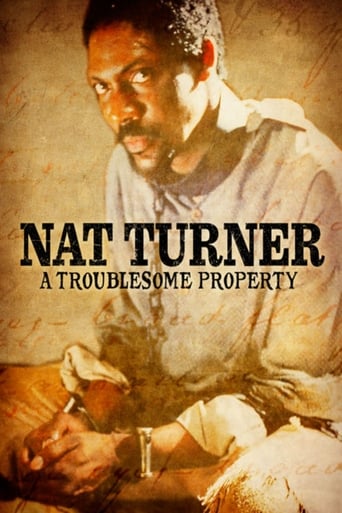






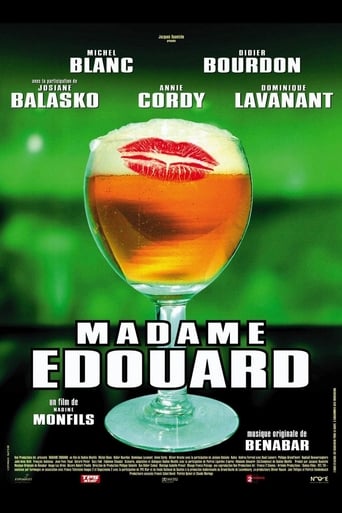







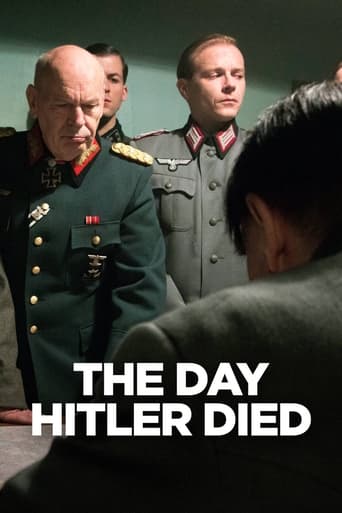
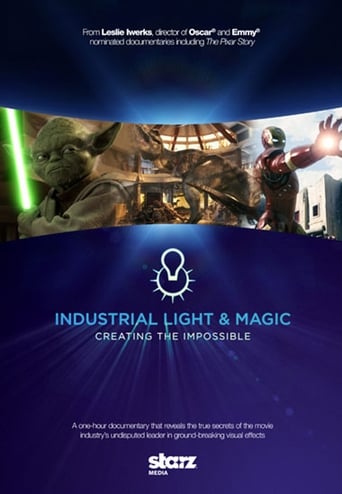
















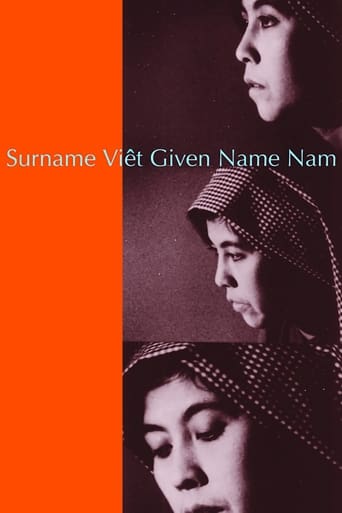
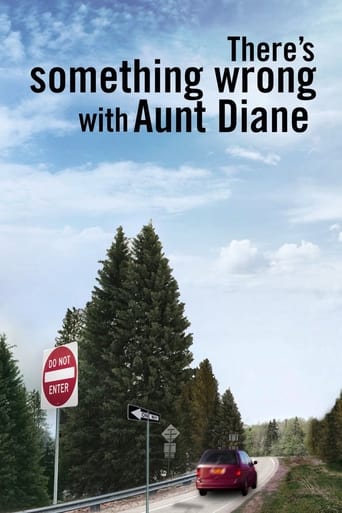
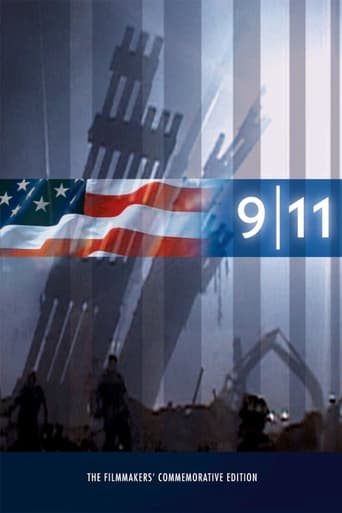

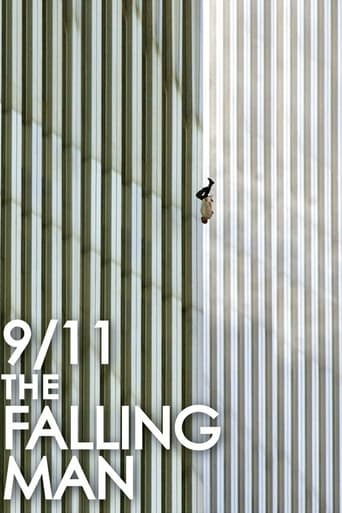
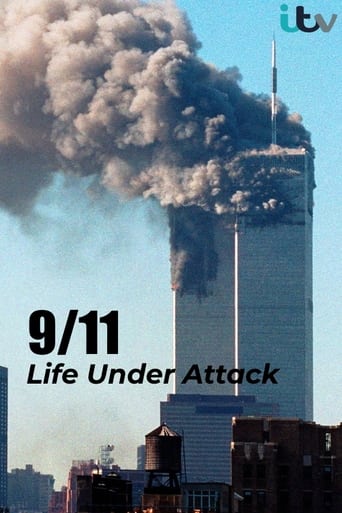
With Babies and Banners: Story of the Women's Emergency Brigade
With Babies and Banners: Story of the Women's Emergency Brigade is a 1979 documentary film directed by Lorraine Gray about the General Motors sit-down strike in 1936–1937 that focuses uniquely on the role of women using archival footage and interviews. It provides an inside look at women's roles in the strike. The film was one of the first to put together archival footage with contemporary interviews of participants and helped spur a series of films on left and labor history in the US utilizing this technique. The film was also important in helping bring into view the history of American women being active in the public sphere, particularly in union and labor actions. The film was, further, ground breaking because it was produced and directed by women. It was nominated for an Academy Award for Best Documentary Feature.